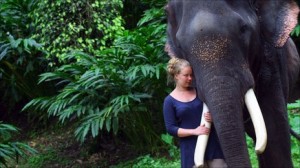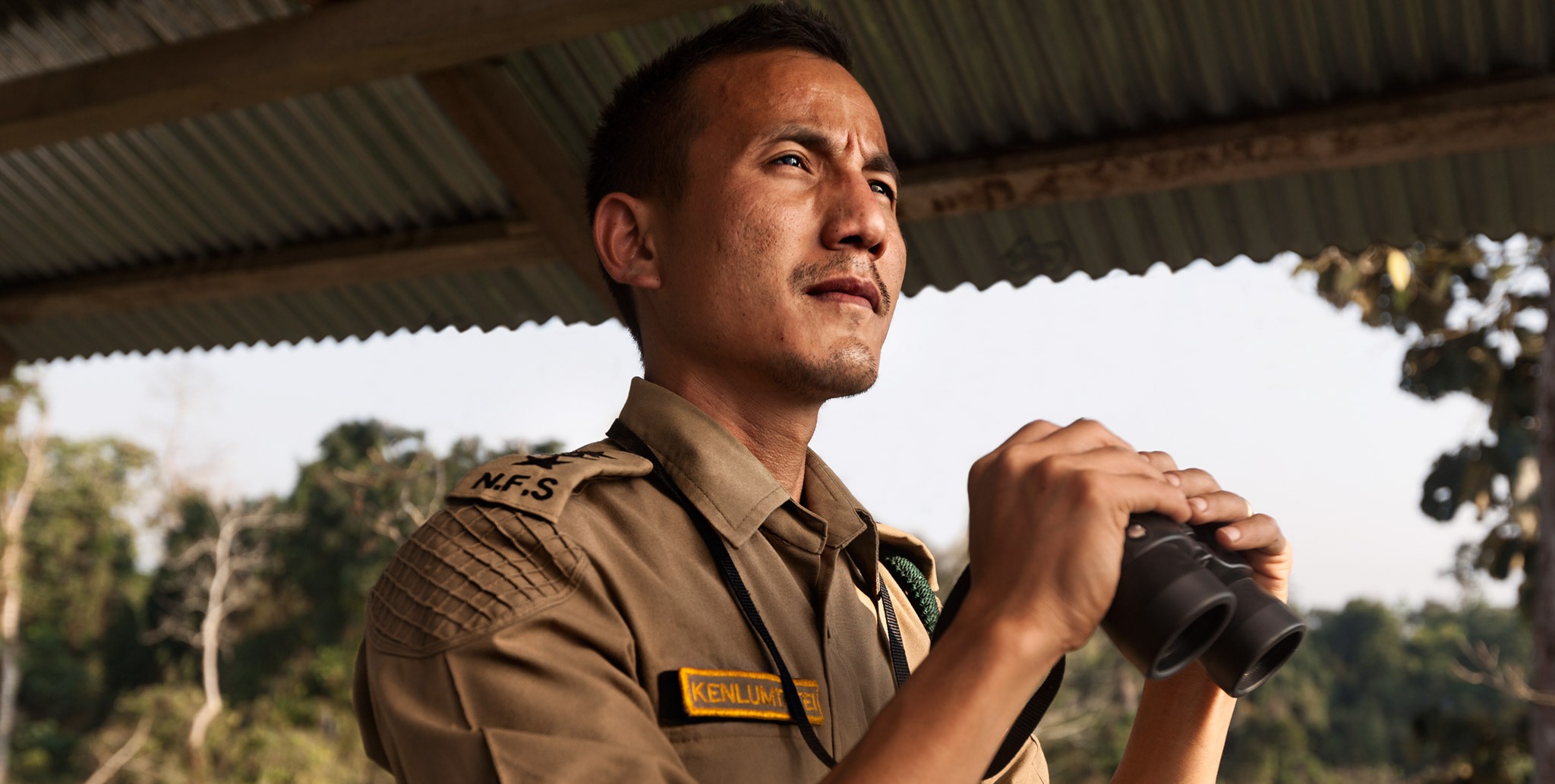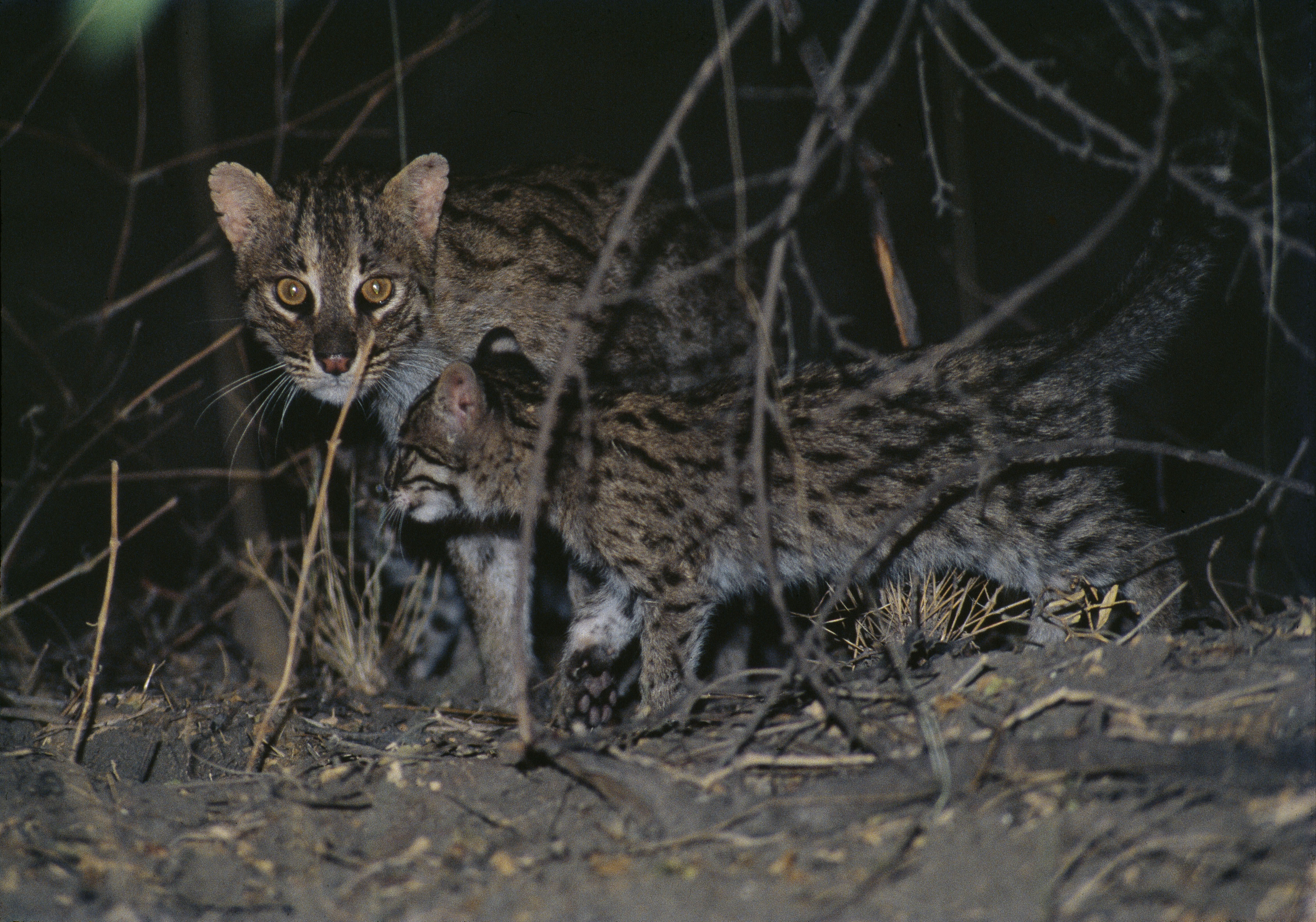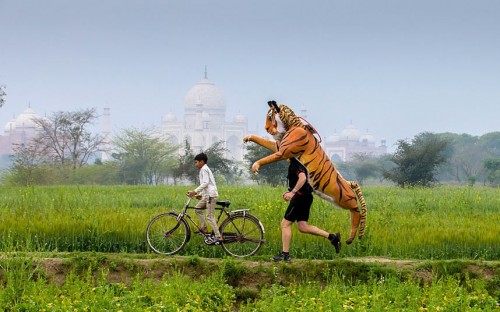 When Laura Puukko visited Kerala last year she never thought that the trip would give an altogether new direction to her life. Smitten by the elegant Indian elephants, Laura is set to become the first woman to become a mahout in Kerala.
When Laura Puukko visited Kerala last year she never thought that the trip would give an altogether new direction to her life. Smitten by the elegant Indian elephants, Laura is set to become the first woman to become a mahout in Kerala.
“When I first saw an elephant in Kumli in Kerala, I fell in love with it,” says Laura. “I just asked whether I could stay there. Those words just came out of my mouth. I was not thinking. When they said ‘Yes’, I decided to stay.”
The 25 year old is currently doing her Homeopathic studies in Finland and once she finishes her course in December, she is planning to come back to India to start her new career.
Last year while in Kerala, Laura spent three months with the elephants and their trainers learning the routine. Usually, mahout training begins for men when they are just boys 10-11 years of age. They are assigned particular elephants and the bond between the man and the animal is established through the years.
Laura began her training by first walking with the elephants and then assisting those who fed them. Gradually she began training as a mahout. She became so obsessed with her new found passion, that from early morning till late evening she would be with elephants.
“Soon I became very ambitious. I spent three months here. I came early in the morning and left late in the evening. So it is full-time elephants for me. I learned the routine.”
She has now become an expert and like other mahouts takes care of the animal’s needs including taking it to the river for a bath. Presently she is getting trained by Elephant Junction, a private firm that provides elephant safaris.
“Like any other person she is taught some basic facts about elephants like what they will eat, how much they will drink, how many teeth they have and so on,” says Shaji Nair who works as a manager there.
From their cultural significance to use in trade, elephants play a significant role in India. But lately the number of cases of human-animal conflict has risen due to the increasing encroachment of forest and elephant corridors by humans. The elephant was declared as the national heritage animal last year in order to promote its conservation efforts.
Laura tells about her experience,
“Last year I trained with Ganga. But since she is pregnant I am now getting trained with Meera. She is an unbelievably intelligent animal. Next time when I come here I will get trained with a male elephant.”
Training with a male will be a challenge because male elephants have tuss and they are far more temperamental than the females. Laura’s progress is also hindered because of the language barrier. Kerala is a Malayalam speaking state and she finds it difficult to understand everything that is said to her. But she has picked up a few words and the commands given to elephants.
“Learning Malayalam is tougher than handling elephants. Elephants communicate with you. It usually tells you very much. But if you don’t know Malayalam you can’t do anything.”
She is currently being trained to gauge the mood of the elephant and understand its nature perfectly. The training she is receiving is same as the men of the group.
“For a mahout, learning the local language is a must because all the elephants in a particular area are used to the regional dialect,” Mr Nair says.
He also adds that the training is only 50 percent of the job. The rest comes with how well the rapport is built between the animal and the human being.
“My teacher says I have now crossed 50%. The rest of it will come only by practise. But that will also depend on the rapport I build with elephants,” says Laura.
The job of a mahout also comes with its own risks. There have been instances when the mahouts have been tramples by their own elephants. Financially too it is not a lucrative career choice with an average pay being about Rs. 450 (approx. $10) a day.
But Laura’s enthusiasm is not diminished.
“If you do something that your heart really tells you to do, I don’t think money is the issue,” she says.
She also hopes that her university degree will come in handy in India which is the birthplace of ayurveda and homeopathy.
“Here in India all the elephants are treated in the ayruvedic and homeopathic way. I hope this will also help me to secure a future with elephants here.
“Once I finish my training I will become the first woman mahout in the state of Kerala!”
Related Stories:
Elephant saved from Being Hit by a Train in Assam
Raised by Humans, elephant now part of Wild Herd
Researchers Discover New Plant Species in Kerala
Article reference: BBC





But she never did, and she never became Keralas first female mahout. Stories like this doesnt really help people to understand what a complicated work is is to be a mahout, and how much work, during many years, it takes to get the experience needed. In a world where you can go to India and learn Ajurveda in a couple of weeks, theres also people who actually think you can learn the profession of mahout in the same way.
You cant. And theres no meaning at all giving people the hope that they can. And when understanding this, its time to honor the people who actually can, and confirm their expertise. Myself, IM a php programmer and MySQL database designer. I program dynamic websites. But since 1977 I have also worked and trained almost 70 elephants, including ten wild caought elephants in Zimbabwe, India.
Now when I introduce myself as a database manager, people give me a certain respect, and understand that in combination with PHP programming, is in some ways a guarrantee that Im not totally stupid.
But when I introduce myself as the elephant trainer, this is just a funny, interesting thing, but noone understands that it needs an intellectual capacity.
I can truly say, that of my two professions, caring for, and training elephants, is the most difficault and demanding one, which few people in fact can perform, while you can actually bring most people who can read or write, to become a programmer. They want master the profession, and they will never really become a star, but they can do it for several years, earning some money.
While caring for elephants is lethal activy for those who doesnt really know what they are doing.
Please do not make people believe that 25 year old girls from Helsinki can ever learn this after a couple of weeks in a camp. It will give wrong signals. Its a job for a very few talented, and most of them were actually born into it.
Thank you Dan for your comment. What you say is absolutely true. No one can become a mahout in a day. And it is in fact true for any profession. In the case of handling animals, it becomes all the more difficult because the human-animal relation has to be such that both understand, respect and trust each other completely. This relation too grows stronger with years and cannot be ‘learnt’ in a day.
Coming back to the article, it was meant as a positive news of how someone from a foreign country was willing to learn a life working with elephants. If she never became a mahout, that is sad, but at least the story might inspire others to respect the life of a mahout a little more and try to respect the animal too.